CppCon 2023 Delivering Safe C++ -- Bjarne Stroustrup
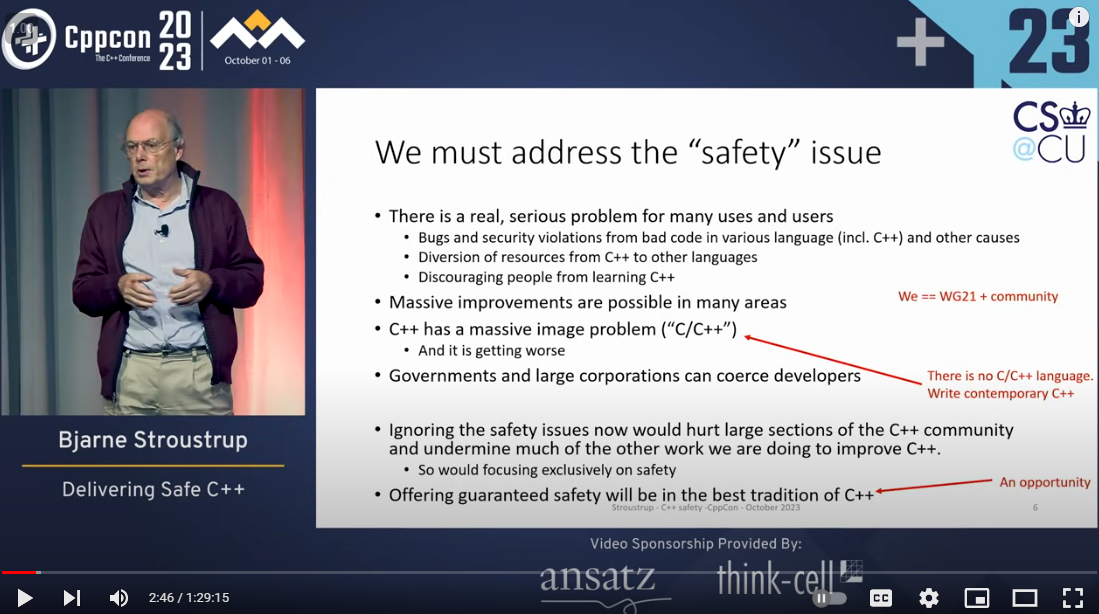 Registration is now open for CppCon 2024! The conference starts on September 15 and will be held in person in Aurora, CO. To whet your appetite for this year’s conference, we’re posting videos of some of the top-rated talks from last year's conference. Here’s another CppCon talk video we hope you will enjoy – and why not register today for CppCon 2024!
Registration is now open for CppCon 2024! The conference starts on September 15 and will be held in person in Aurora, CO. To whet your appetite for this year’s conference, we’re posting videos of some of the top-rated talks from last year's conference. Here’s another CppCon talk video we hope you will enjoy – and why not register today for CppCon 2024!
Delivering Safe C++
by Bjarne Stroustrup
Summary of the talk:
Type safety was one of the key initial C++ design ideals. We have evolved C++ to the point where we can write C++ with no violations of the type system, no resource leaks, no memory corruption, no garbage collector, no limitation of expressiveness or performance degradation compared to well-written modern C++.
We face three major challenges: To define what “safe” means in the context of various C++ uses, to guarantee such safety where guarantees are needed, and to get developers to write such verified safe code.
I outline an approach based on safety profiles to address these challenges, describe an approach to eliminate dangling pointers, and suggest how to eliminate all dangling pointers and all range errors. My aim for key applications is verified type-and-resource-safe C++. An emphasis is on minimizing costly run-time checks through the use of abstractions. I see the current emphasis on safety as an opportunity to complete one aspect of C++’s fundamental aims in real-world code.

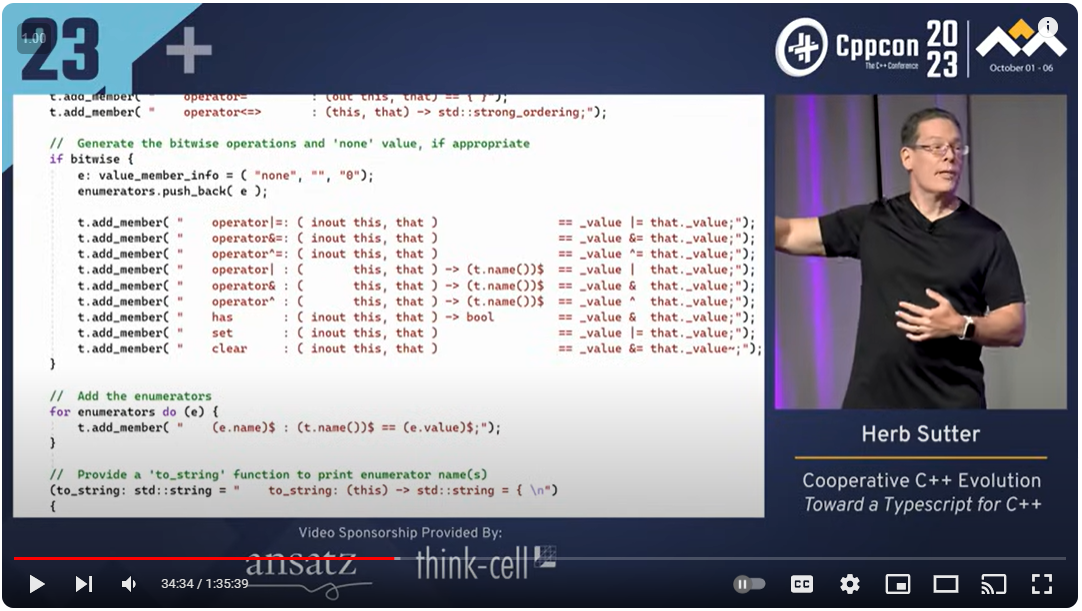 Registration is now open for CppCon 2024! The conference starts on September 15 and will be held
Registration is now open for CppCon 2024! The conference starts on September 15 and will be held 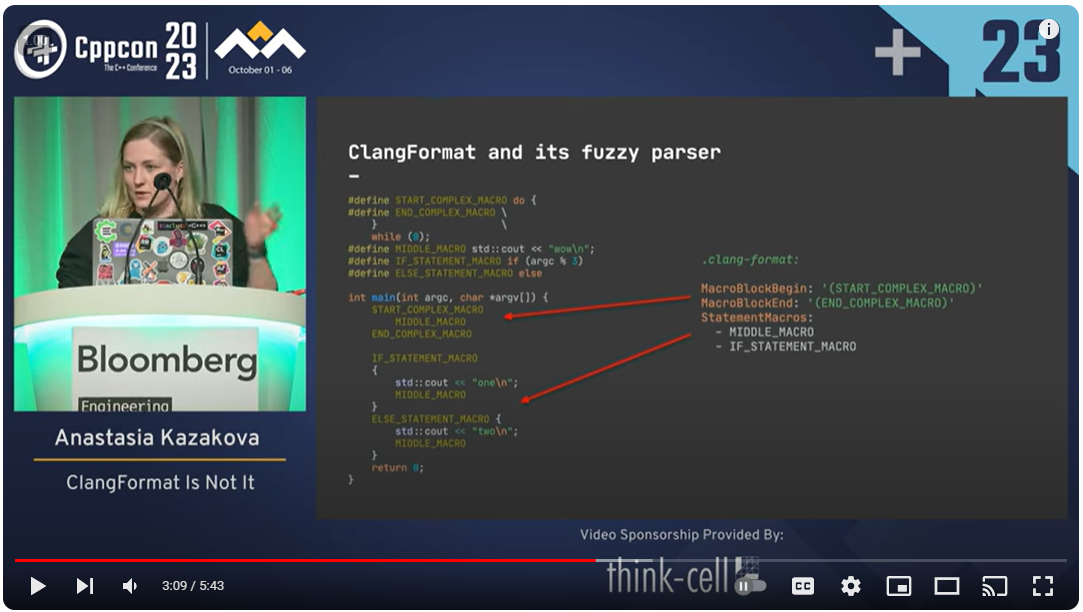 Registration is now open for CppCon 2024! The conference starts on September 15 and will be held
Registration is now open for CppCon 2024! The conference starts on September 15 and will be held 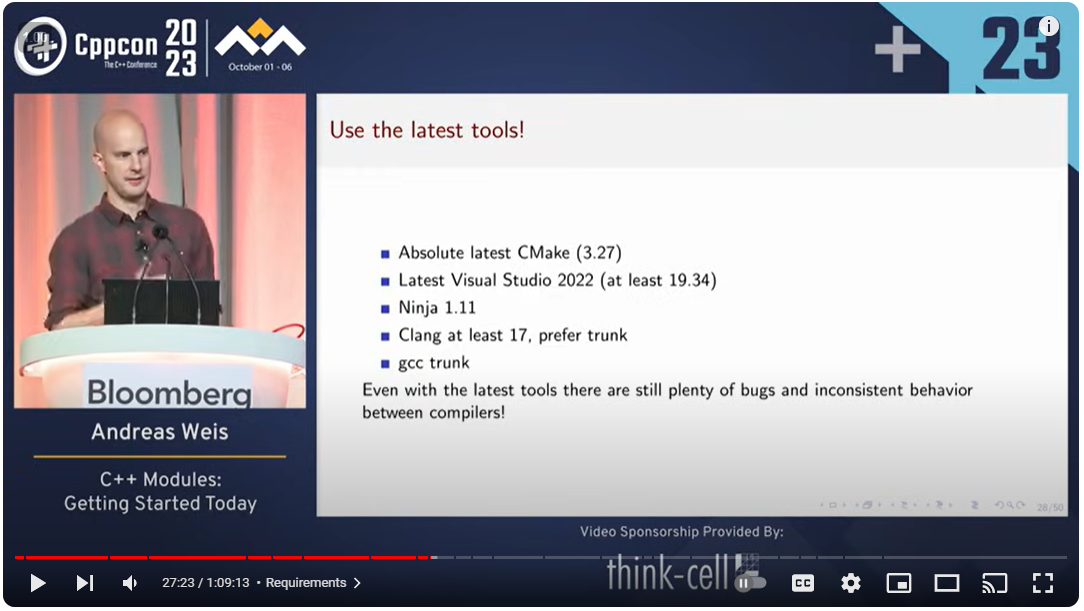 Registration is now open for CppCon 2024! The conference starts on September 15 and will be held
Registration is now open for CppCon 2024! The conference starts on September 15 and will be held 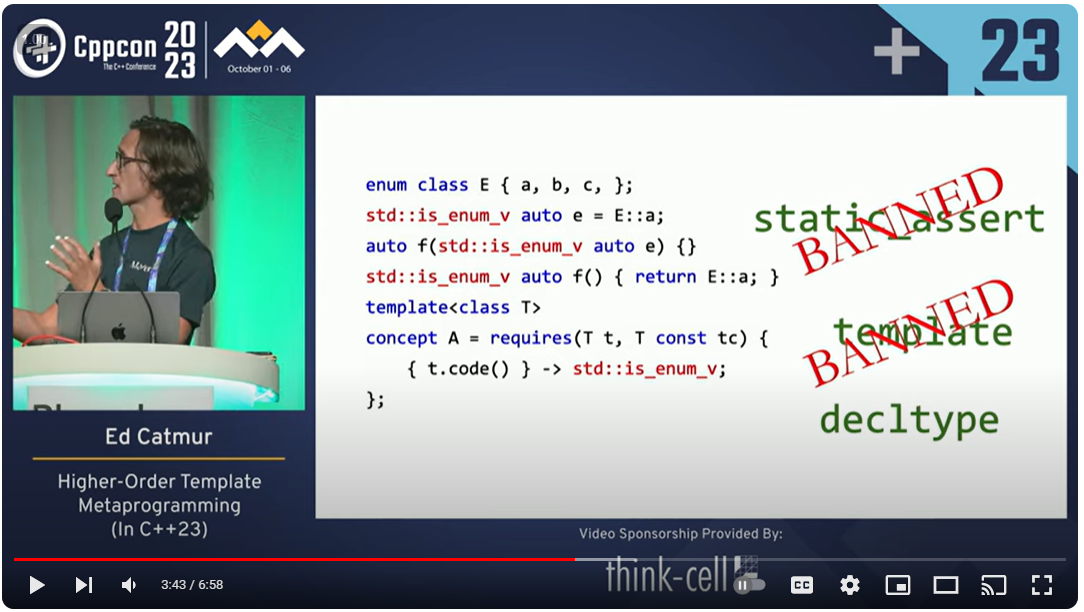 Registration is now open for CppCon 2024! The conference starts on September 15 and will be held
Registration is now open for CppCon 2024! The conference starts on September 15 and will be held 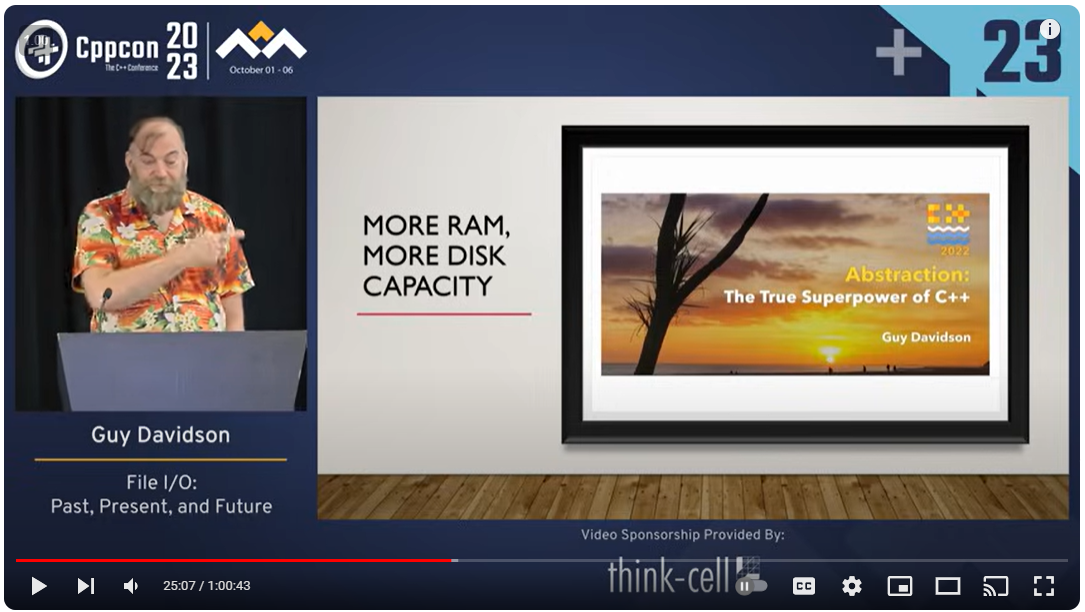 Registration is now open for CppCon 2024! The conference starts on September 15 and will be held
Registration is now open for CppCon 2024! The conference starts on September 15 and will be held 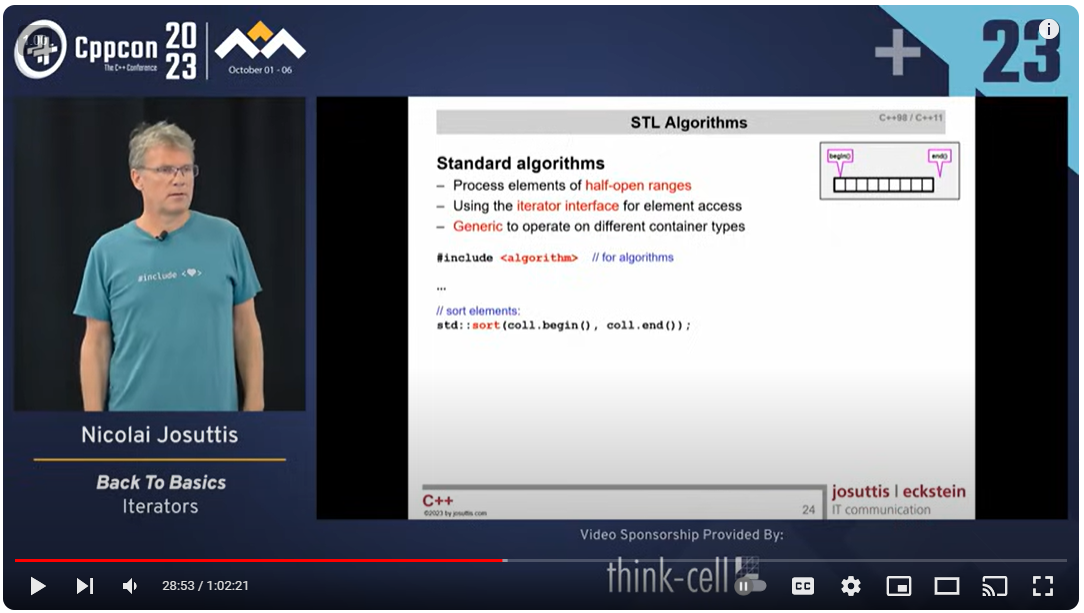 Registration is now open for CppCon 2024! The conference starts on September 15 and will be held
Registration is now open for CppCon 2024! The conference starts on September 15 and will be held 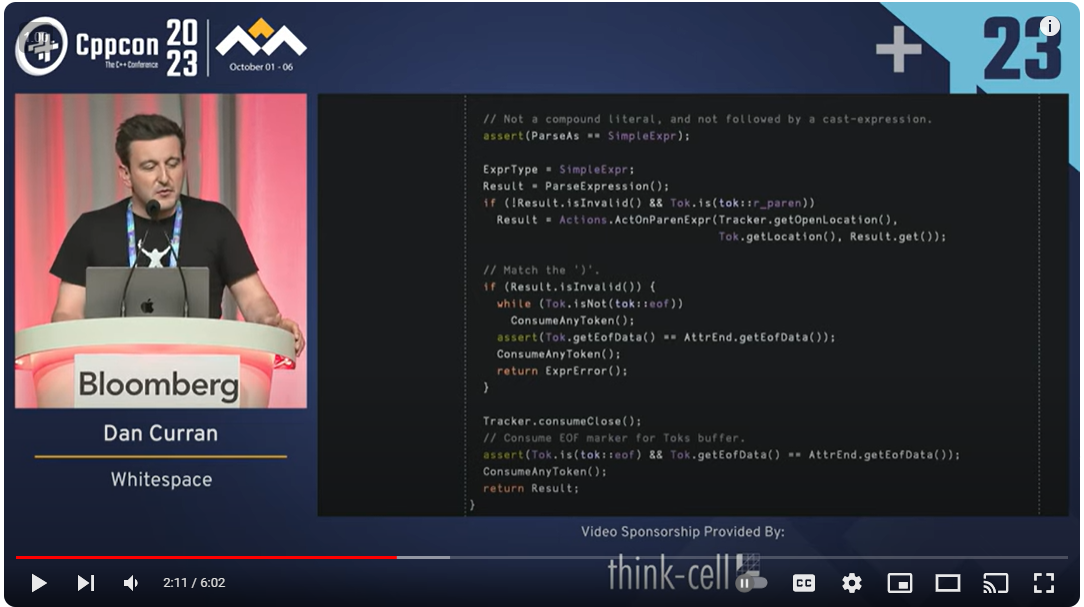 Registration is now open for CppCon 2024! The conference starts on September 15 and will be held
Registration is now open for CppCon 2024! The conference starts on September 15 and will be held 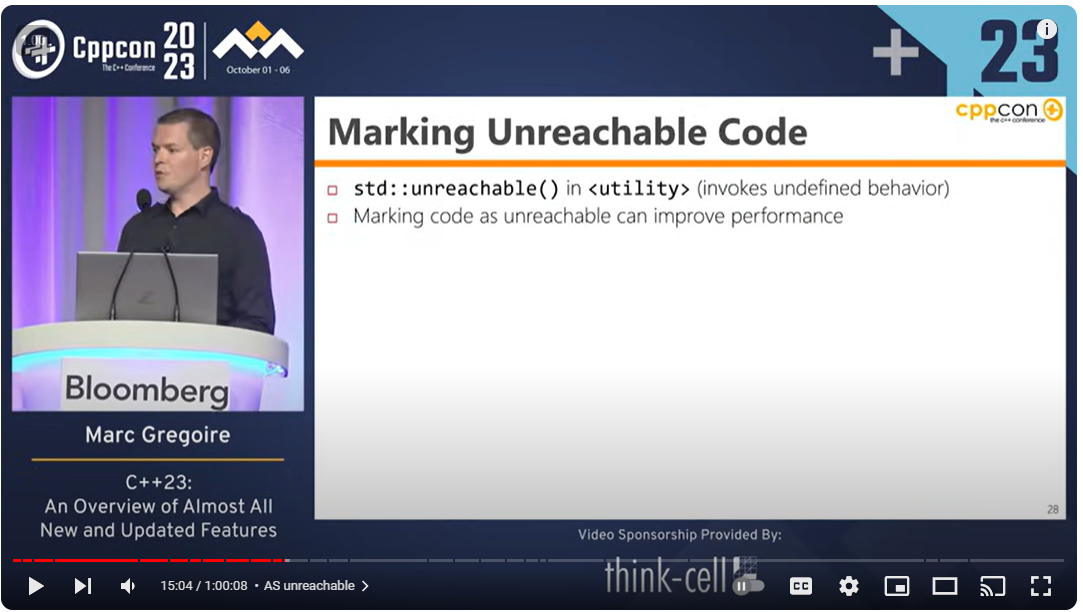 Registration is now open for CppCon 2024! The conference starts on September 15 and will be held
Registration is now open for CppCon 2024! The conference starts on September 15 and will be held 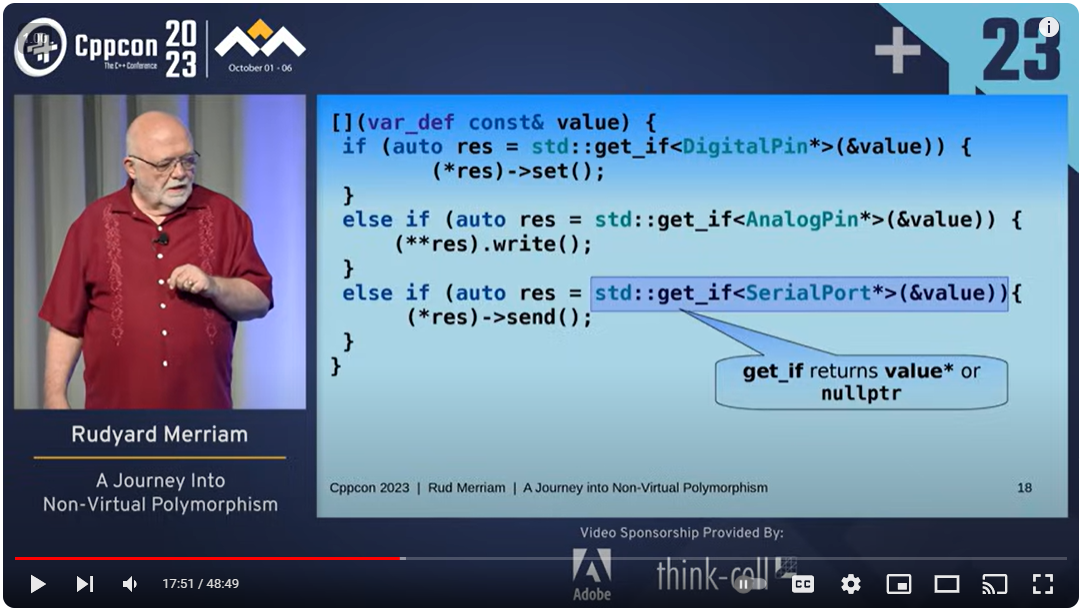 Registration is now open for CppCon 2024! The conference starts on September 15 and will be held
Registration is now open for CppCon 2024! The conference starts on September 15 and will be held